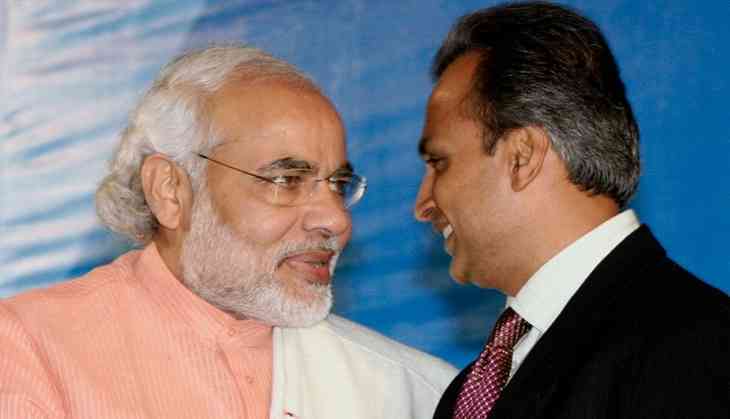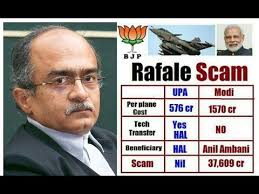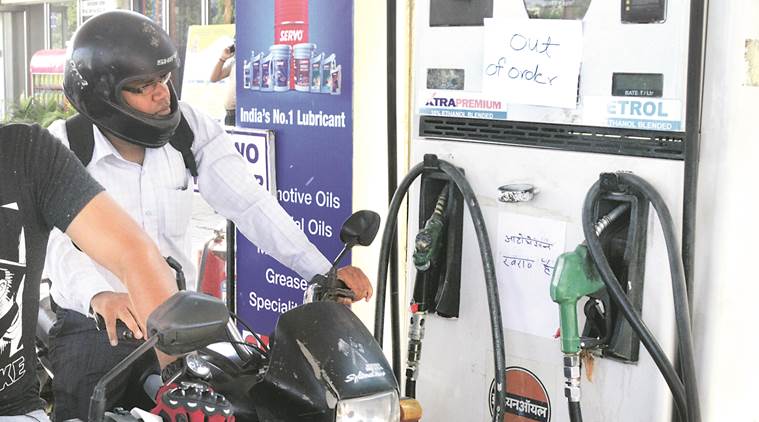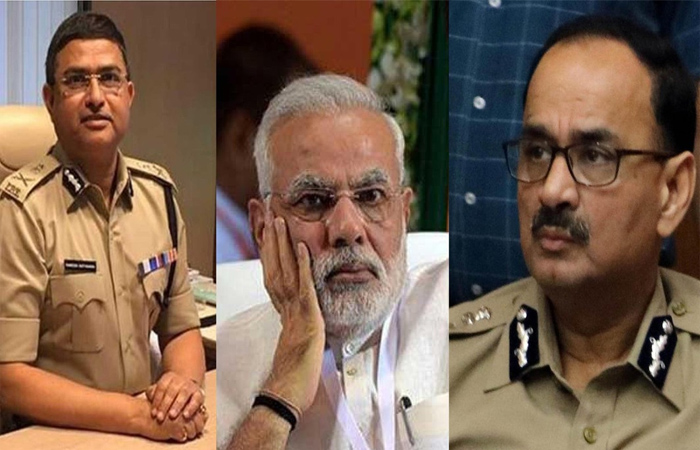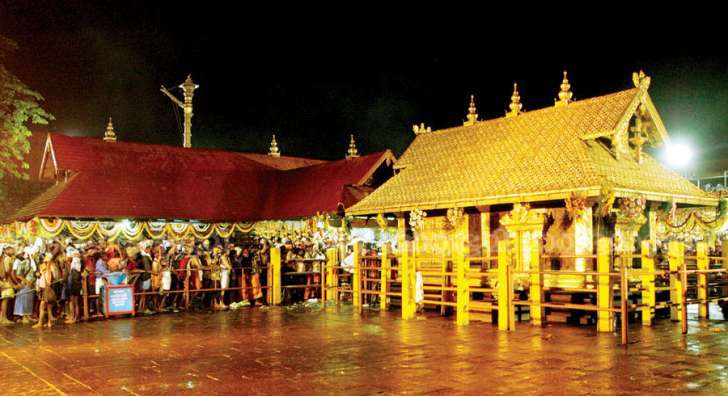A three-judge bench headed by Chief Justice Ranjan Gogoi however made it clear that these steps would not cover the issue of pricing of the Rafale. The court also refused to issue a notice to the centre regarding the same.
“We have not taken into account the averments made in the writ petition and this is only to satisfy ourselves,” Gogoi said.
Attorney general K. K. Venugopal told the court that the deal concerns national security and that the petitions are politically inclined. “If the court issues notice, that means it goes to the Prime Minister. This is not a petition in public interest, on the other hand—it’s political. Please do not entertain this which is to achieve political gains,” he said.
He said the courts should not interfere on the matter since it is not a judicially reviewable issue.
But to the shock of ruling establishments the Supreme Court on Wednesday sought from the centre the details of steps involved in the decision-making process leading to the Rafale fighter jet deal between India and France and posted the case to Oct 29th
The apex court was hearing a batch of petitions seeking a stay on the Rafale deal worth around ₹59,000 crore which was signed between India and France on 23 September 2016. The Rafale is a twin-engine medium multi-role combat aircraft (MMRCA) manufactured by Dassault Aviation.
In April 2015, during his visit to France, Prime Minister Narendra Modi announced India’s decision to purchase 36 Rafale jets—off the shelf—in a government-to-government agreement.
Under the deal, delivery of the jets are slated to begin from September 2019. This was after the Modi government cancelled a decision taken by the previous United Progressive Alliance (UPA) government in 2012 to buy 18 Rafale jets in a fly-away condition while manufacturing 108 in India.
In the petition, advocate M.L. Sharma alleged discrepancies in the order and sought a stay. He sought quashing of the inter-governmental agreement on grounds it was not ratified by Parliament under Article 253 (power of Parliament to make any law for implementing any inter-government agreement) of the Constitution.
A separate plea by Congress leader Tehseen S. Poonawalla, raised the question of why the Prime Minister finalized the deal without the approval of the cabinet committee on security. But this petition was withdrawn on Wednesday.
On 21 September, the controversy over India’s purchase of the Rafale jets took a new turn with a French journal quoting former president François Hollande as saying that Dassault Aviation was given no choice but to partner Anil Ambani’s Reliance Group for the offset clause in the deal.
Anil Ambani-led Reliance Infrastructure Ltd has a 51:49 joint venture with Dassault—the maker of Rafale—called Dassault Reliance Aerospace Ltd (DRAL), which has an offset contract of about ₹30,000 crore for 36 Rafale aircraft.
Under India’s offset policy, foreign defence entities are mandated to spend at least 30% of the total contract value in India by procuring components or setting up research and development facilities. The offset clause for the Rafale was set at 50%.
The opposition Congress party which headed the previous UPA government has alleged that the Modi government is paying much more for the aircraft per piece than the price negotiated by the previous administration. The Modi government has however argued that it has secured a better deal.
The Supreme Court’s query to the Modi government came on a day when defence minister Nirmala Sitharaman is set to fly out to France for talks with her French counterpart Florence Parly on ways to deepen strategic cooperation and also deliberate on major regional and global issues of mutual interests.
The minister is also expected to take stock of the progress in supply of the Rafale jets by Dassault, two people familiar with the developments said separately.
Reliance Group companies have sued HT Media Ltd, Mint’s publisher, and nine others in Bombay high court over a 2 October 2014 front-page story that they have disputed. HT Media is contesting the case.

